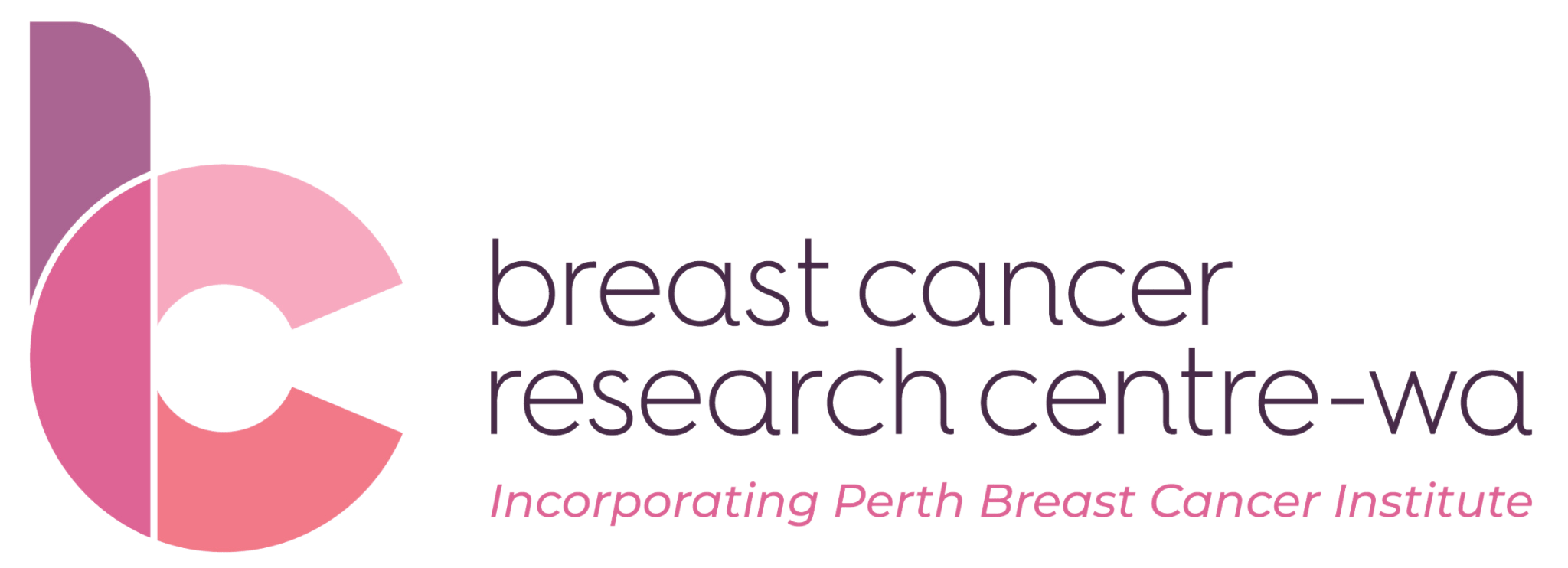What You Need to Know
Genetic Testing and Counselling for Familial Breast Cancer
Breast cancer is a complex disease that is influenced by a variety of factors, including genetics. Genetic testing and counselling is an essential part of the care and management of individuals with breast cancer.
Genetic Counsellors are registered healthcare professionals under the umbrella of the Human Genetics Society of Australasia (HGSA). Genetic Counsellors have specialized education in genetics and are trained to assist patients in making informed decisions about their genetic health. They work with doctors to help make appropriate recommendations for ongoing surveillance and management of increased cancer risk for their patients.
Genetic counselling is a communication process that aims to help individuals, couples and families understand and adapt to the medical, psychological, familial, and reproductive implications of the genetic contribution to specific health conditions.
In this article, our resident genetic counsellor, Bhavya Vora, answers questions he often receives from breast cancer patients regarding genetic testing and counselling.
Why do I need counselling when I just want to be tested?
Genetic testing does not always provide a yes or no, black-and-white answer. It is important to discuss these limitations as well as other potential implications before proceeding with genetic testing.
Whilst Genetic Counsellors indeed have training in counselling, these skills are most often used in the collection and provision of genetic information. Some of the topics covered at your appointment include providing an overview of the genetic testing process and considering the outcomes in the context of an individual and their family. The session provides you with an opportunity to raise concerns, ask questions, plan and prepare for results, and organise relevant management options.
Consulting with a Genetic Counsellor is a two-way flow of information aimed at promoting informed decision-making. It helps to tailor the testing and information for you and your family. In addition, it assists the counsellor to create resources to support family communication about genetic health and provides links for valuable support services such as clinical psychology or cancer support groups.
When should genetic testing for familial breast cancer genes be considered?
You could consider cancer genetic testing if you fall into one of the below categories:
- You are diagnosed with cancer at a young age
- There is a known gene fault identified in your family and you would like to know your risk.
- You have a family history of cancer and no living affected individual is available or interested in genetic testing.
- You are concerned about your lifetime risk of developing cancer
How will a positive genetic test result affect me? How will it affect my family members?
If a pathogenic variant is identified, it will explain your cancer diagnosis. It will also inform you of an increased risk for other associated cancers in your lifetime. In some instances, it could also infer the treatment plan, and help you make relevant decisions regarding surgical management options.
Most familial cancer conditions are dominant, in other words, each first degree relative of an individual with a genetic variant will have a 1 in 2 chance of inheriting the pathogenic variant. These family members could be informed of their risks, enabling them to discuss their options of genetic testing and risk management discussions.
Where can I get tested?
Patients of the Perth Breast Cancer Institute (PBCI) have access to my services. I work closely with the multidisciplinary team at PBCI to provide excellent patient-centred care. The service is dedicated to offering an appointment to everyone who is referred with a minimum wait period and quick turnaround time for the genetic test results.
For those being cared for outside of PBCI, please ask your primary care physician about being tested.

About Bhavya Vora, FHGSA
Bhavya Vora is a certified genetic counsellor. His private genetic counselling service, which is in collaboration with the Perth Breast Cancer Institute, specializes in cancer genetics. He also works in public health at Genetic Services of WA.
For more information, visit www.cancergc.com.au or call 6500 5576.
